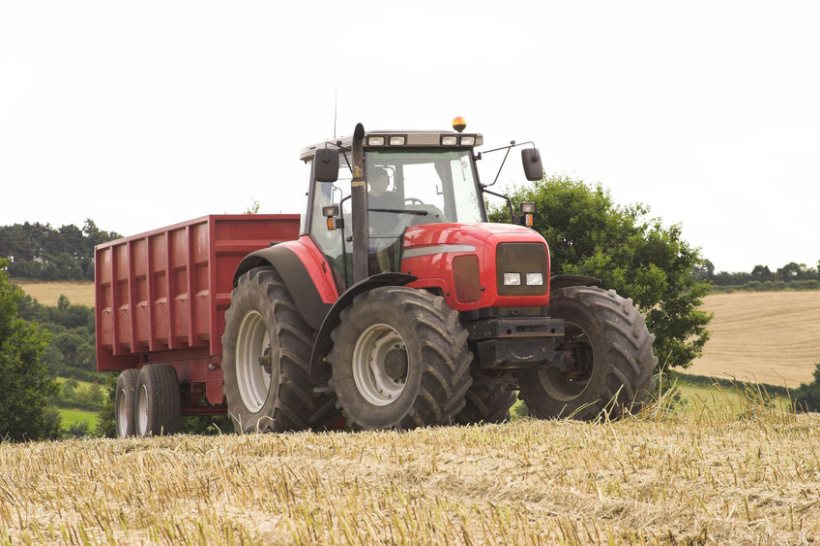
Trailer firm ATE UK have issued farmers guidance and advice on how to ensure sufficient trailer maintenance on-farm.
We’ve all been there. There’s plenty of space on farms and worksites and that means dusty, lonely corners where equipment seemingly goes to hide.
Trailers are a prime example of this, often being left to their own devices while the main body of work goes on throughout your property.
For all that we can forget about them and often neglect them, they remain a staple of any working professional – and that means we should know how to take care of them.
Let’s get to the meat of it and look through a set of tips on how to perform adequate trailer maintenance.
Know your trailer
It’s helpful to have the specs of your equipment available in the back of your mind – particularly where maintenance is concerned.
Your trailer should have details printed on it listing its towing capacity, ID number and further information such as its build date, axel and vehicle weight rating and manufacturer.
This is important because a lot of trailer maintenance work is reactive. When faults arise, it’s handy to be able to quickly tell whether your kit is underperforming in any area.
The walk-around
One of the key benefits of performing a quick walk-around of your trailer is spotting the accumulation of rust.
As you’d expect, this is particularly common in the undercarriage and weld or structural support points.
You’ll also be able to spot the accumulation of detritus and more serious problems, such as animal and wasp nests.
Starting safe
You’ve probably noticed a few faults that need addressing with your first walk-around.
Trailers are particularly prone to having hubs and wheels locked up, meaning they won’t move or rotate, effectively locking the trailer in place.
At this point, it’s tempting to get stuck in with some elbow grease and WD40. Before that happens, though, you’ve got to do the sensible thing and secure your trailer properly.
Yes, you can use a jack to hold it in place – but that’s never entirely safe by itself. Instead, roll over some blocks of timber or some other farmyard item that can safely carry the weight of your trailer.
Brakes
As we said, brakes are often the first thing to go on a trailer.
Once you’ve got it raised and in position, you can consider elementary fixes such as using the trailer’s adjusting bolt to get the wheels to a point where they refuse to turn.
From there, it’s a simple matter of slightly reducing your bolts until you can move them with your hand.
Tires
All the wheel checking in the world won’t do you much if you aren’t sure your tires are up to spec as well.
Know your tire pressure and take the time to do more than give them a kick with the edge of your boot.
It’s important you check the inside tire. Take a look at the condition of the exterior, interior and sidewalls for bumps and the beginnings of any cracks.
If you miss those, you’re putting yourself at risk of a blow-out – and that means a potentially damaged or lost load as well as general danger.
Lamps and reflectors
A further check that’s quick and important is a review of the reflectors and lights on your trailer.
During or after your walk-around, inspect each one and wipe away any accumulated dust.
If your trailer has brake lights, double-check that they’re operational on the back end of the unit.
The same goes for turn signals on the side and rear and any back-up lights you might have.
If you’re looking to spend some money to improve your trailer, swapping old lights to LEDs is a solid place to start.
They last longer and are more rugged than traditional options. Lastly, make sure that any changes you’re making to your unit still leave it compliant at the end of the day.
We hope that helps!
It’s not the most glamorous subject, but the ATE UK team hope we’ve listed some pointers that help you keep your trailer in reasonable condition.
They deserve it – and it’ll keep you safe and on the right side of the law.
